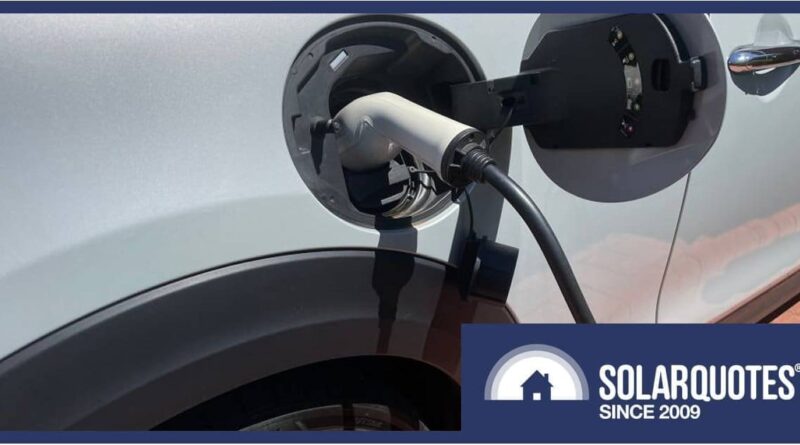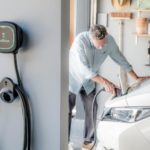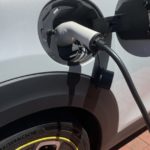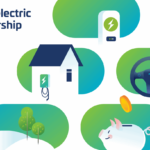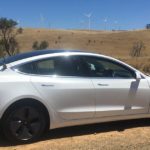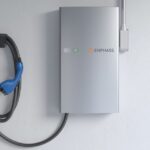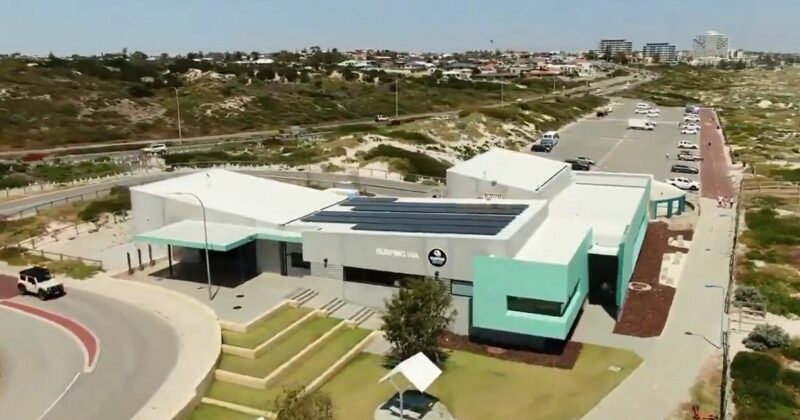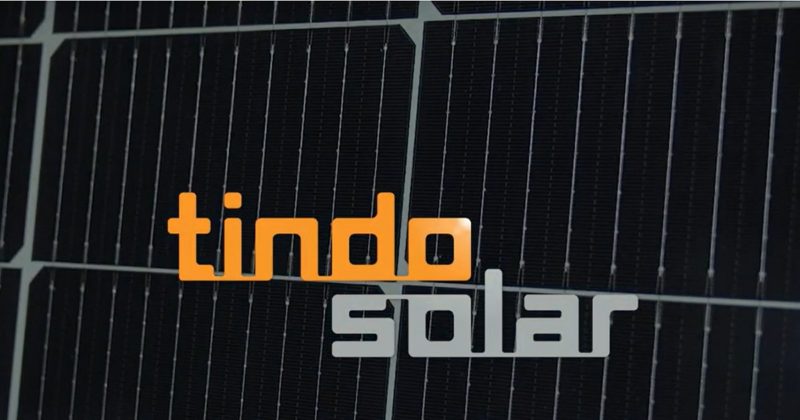New(ish) EV Home Charging Rate For Tax Deductions
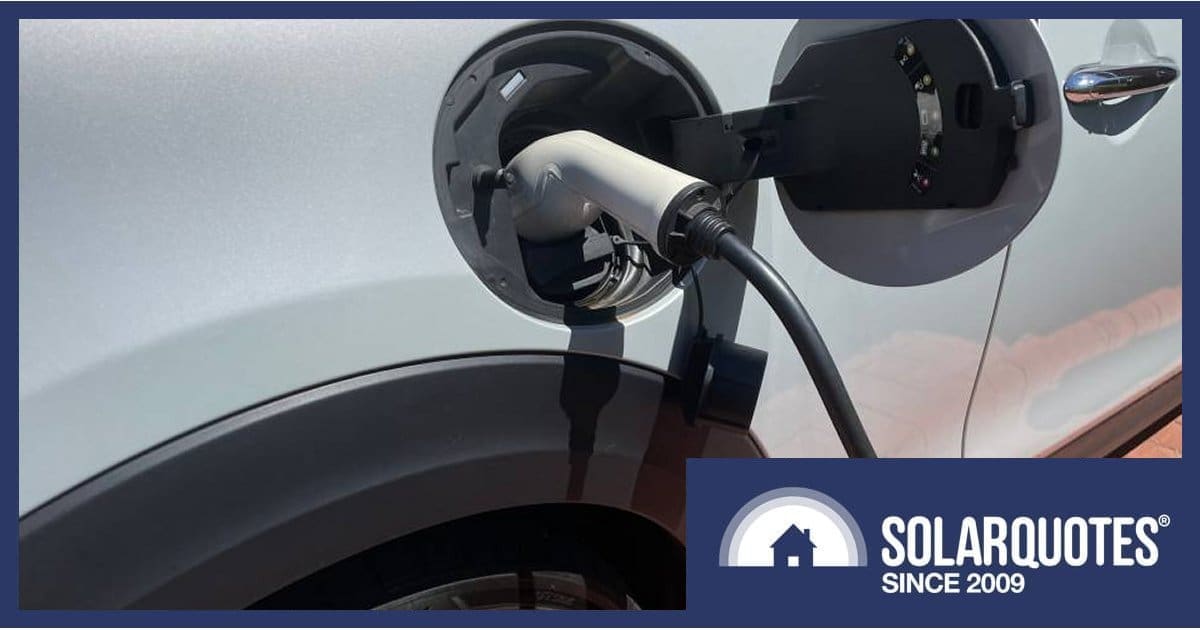
It’s tax time again – and for EV owners charging their car or a company electric vehicle at home, the ATO has (maybe) made the electricity cost for work-related use a little easier to claim.
Australians who incur work-related electric vehicle expenses can find it difficult to calculate electricity costs when charging an EV at home as the energy used may not be able to be separated from general household consumption.
In March this year, the ATO issued a new guideline to help calculate the cost of this electricity. In a nutshell, the shortcut method is to use an “EV home charging rate” of 4.20 cents per kilometre. Example: 10,000 km of work related travel × 4.20c = $420.
The ATO says individuals can claim the deduction if they:
- Use a zero emissions electric vehicle in gaining or producing assessable income1. Hybrid vehicles aren’t included, nor are electric motorcycles or scooters.
- Incur electricity expenses when charging an electric vehicle at home, and
- Have kept relevant records for the income year.
Individuals can use the 4.20 cents per kilometre rate for income tax purposes when using the logbook method. Alternatively, they can still choose to calculate the electricity value by determining the actual cost incurred instead of using the shortcut. Employers can also use the guideline under certain conditions as part of their FBT obligations if they provide an electric vehicle to an employee or their associate.
Can You Also Claim Public Charger Costs?
If you use public EV chargers and wish to claim those costs, you can do so, but only if the EV home charging methodology guideline is not applied in most cases according to the ATO. However, in a scenario where an EV has the tech smarts to accurately report the percentage of a vehicle’s total charge based on the type of charging location, both home and commercial station costs can be included.
What If You Have A Solar Power System?
The “incur electricity expenses” dot-point above could possibly be a deal-breaker for some solar owners, or add a layer of complexity.
For the most part, we charge our EV with surplus energy generated by our rooftop solar panels. But during daytime charging, there are also situations where some of the energy is coming from the grid and some from the PV system. The solar electricity component could be considered “free”. But we’re foregoing the feed-in tariff we would receive on some of that energy – so, in my opinion it could considered a cost.
But my opinion and $5 will only get you a cup of coffee these days, and there’s nothing in the ATO’s guidelines outlining a scenario where solar power is used for charging. If the sources have to be separated, it would make it rather complicated to determine how much was from solar and how much from the mains grid.
I’m certainly not going to suggest you attempt to make a claim on the basis that you may be able to sneak it past the ATO as that can be a very risky game and penalties for fraudulent claims are significant. This is definitely a scenario you would need to bounce off your bean-counter (or the ATO) before trying to make a claim. And whatever your situation, you should consult a tax professional/the ATO anyway to be sure.
Original Source: https://www.solarquotes.com.au/blog/ev-charging-tax-mb2956/

